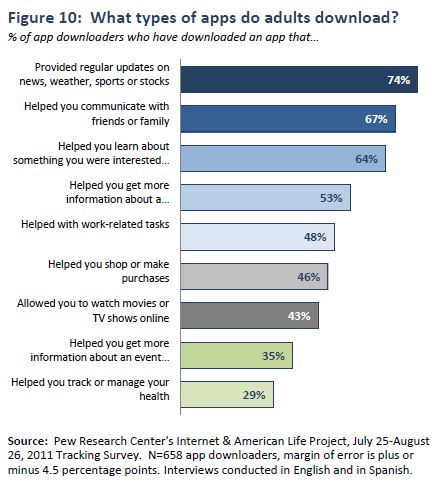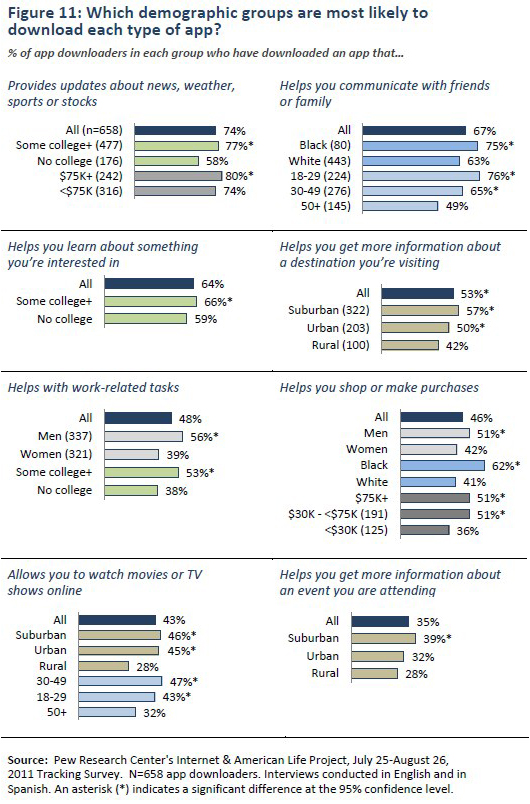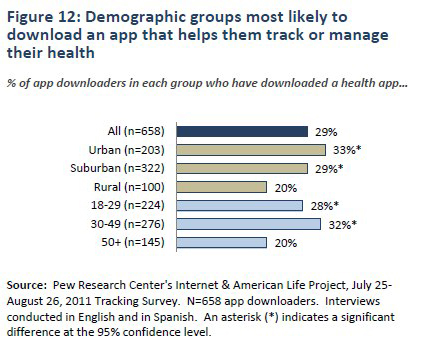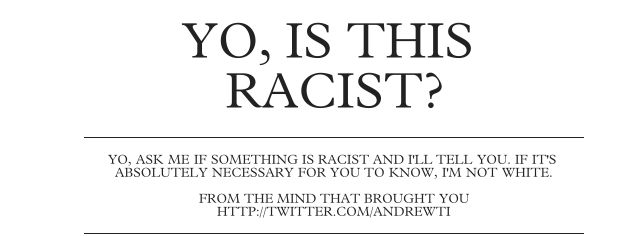While many of my students are still not sold on the value of twitter in the classroom, I find it incredibly useful in my own research, writing and teaching; I’m hoping to experiment even more with it this spring as a writing/thinking/processing tool. I’m also interested in developing ways to succinctly and compellingly articulate how and why twitter is valuable in academic and non-academic spaces. When I first started writing this post, I was planning to provide a list of links that I had bookmarked or put in my safari reading list. Somehow that project stalled (I had started writing this about a week ago and only managed to write about one link: Can you use twitter in your classroom? ). This morning I read an article that I found on twitter over the weekend, Why Authors Tweet, and started imagining this post on twitter differently.
Why Authors Tweet I’m always interested in exploring how people use twitter in their writing process. Up to this point, my twitter focus (twocus…STA, that one’s for you) has been on how twitter works/doesn’t work in feminist and queer theorizing, teaching and writing. This year, I’d like to give some attention to how people are using it imaginatively for their creative (and not just critical) expressions. I like this tweet from Mat Johnson:
Here’s a list of reasons, culled from the article, of why some authors use twitter:
- allows author to be playful (Salman Rushdie) and humorous (Mat Johnson)
- enables author to get a sense of what’s on people’s minds at any give time (Salman Rushdie)
- gives author access to readers’ thoughts/feelings/experiences with their novels (Jennifer Gilmore)
- encourages author to engage with readers and other writers (Mat Johnson)
- makes author feel like they are “living in the future” (D.A. Powell)
- expands collaboration by bringing readers into process (Jennifer Weiner)
- provides opportunity for moving outside and resisting writing as promotion/selling–not about whose book is promoted most, but whose tweets are most interesting (Mat Johnson)
In reading through this article, I started thinking about the role of the author and what we can/should know about them. Instead of writing on this post about it (admittedly, my brain was a little stuck), I decided to do a series of tweets about the theme. I offer them up (using storify) as one experiment in using twitter in the writing process. Was this helpful? Successful? Not totally sure, yet. (note: not sure why it seems to take storify so long to load. If you can’t see my list of tweets below, click here to find them.)





